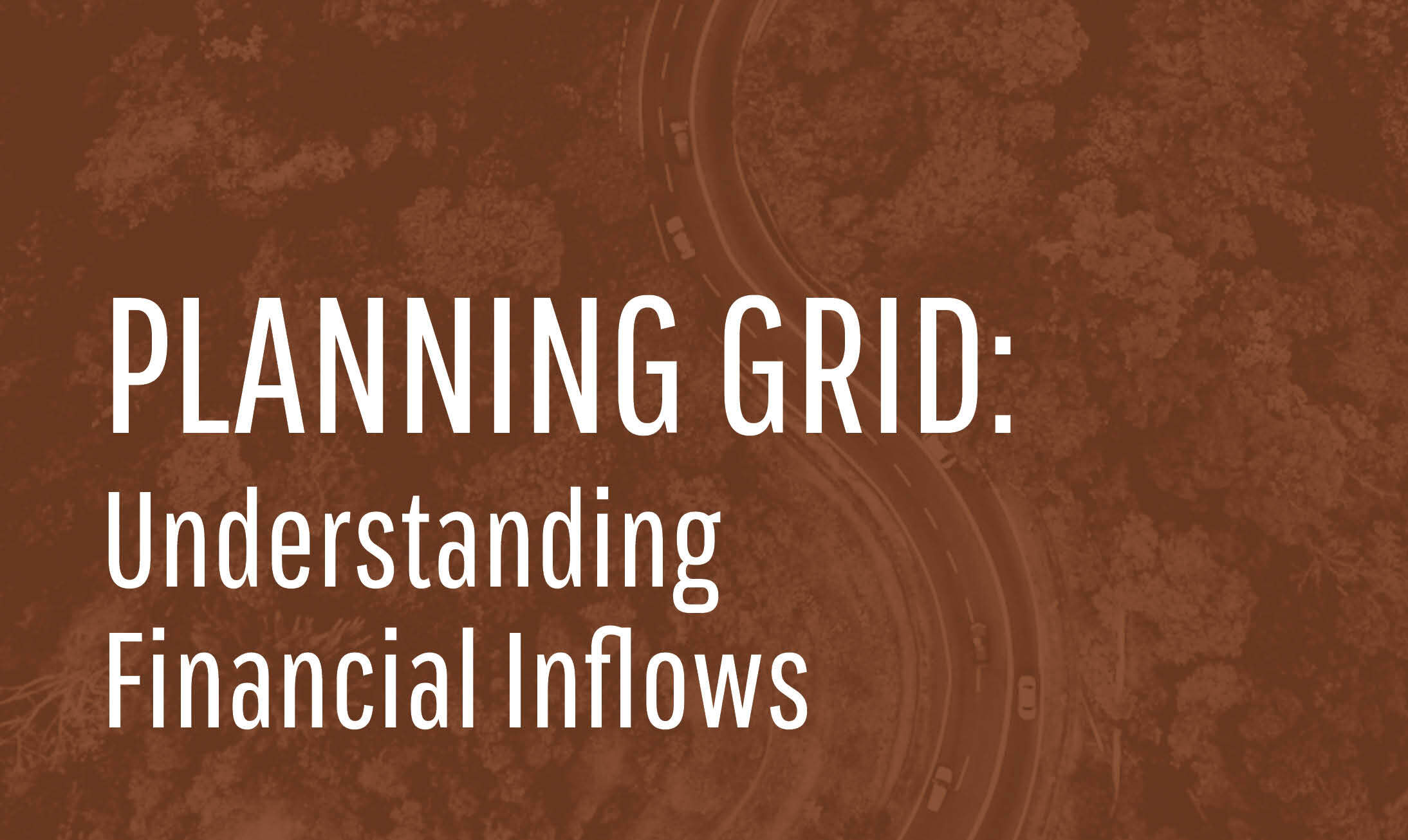Planning Grid: What You Own and Its Role in Financial Planning
In the third part of our Planning Grid series, we dive into the concept of what you own—and it goes beyond just dollars in your bank account. We separate this into two key components: you now and future you. Your skills, earnings, and connections today shape your financial future. Building a positive net cash flow now creates the foundation for your future savings and investments.
As you work, you accumulate assets like savings and Social Security benefits, which hold significant long-term value. Your future income and investments are the financial bridge to support your future self. The ultimate goal is to ensure that your savings align with your life expectancy, giving you the resources to look back with meaning and fulfillment. This concept ties back to Maslow’s self-actualization model, which we referenced in our earlier post.
Earning Skills and Connections
Skills aren’t just learned in the early stages of life—they can be developed at any age. These skills, in turn, allow you to earn wages or profits, which should ideally result in a positive net cash flow. This means you’re generating more income than your expenses, which can be directed into pre-tax or after-tax savings.
Your connections, whether through personal relationships, family, or professional networks, are also a crucial part of what you own. These social bonds have long-term value, both financially and emotionally. As you build these connections, they contribute to a sense of community and can even play a role in financial opportunities.
Future You: Planning for Longevity
Your investments and savings represent your future self. It’s important to have a disciplined approach to building savings today so you can provide for tomorrow. One often overlooked asset is your Social Security benefit, which can be calculated into a current value to understand how it will contribute to your future financial plan.
However, there’s a more challenging aspect to planning for the future—life expectancy. It’s crucial to ensure that your savings will last as long as you do. Estimating life expectancy is difficult, but erring on the side of a longer life is the most prudent approach.
Finding Meaning: Self-Actualization
At the heart of this concept is the idea that financial planning isn’t just about accumulating wealth—it’s about creating a life that holds meaning. As you progress through life, the skills you’ve acquired, the income you’ve earned, and the connections you’ve built should lead to a sense of fulfillment. Ultimately, it’s about reaching a point of self-actualization, where you can reflect on your life with satisfaction and purpose.
What's Next?
Stay tuned for the final part of our Planning Grid series, where we’ll discuss what you owe—the obligations against your future income and how to manage them effectively. In the meantime, we encourage you to explore our white paper on the Haddam Road Advisors Financial Planning Standard of Care, which outlines over 70 financial issues to consider as part of a comprehensive financial plan.
- April 2025 (4)
- March 2025 (2)
- February 2025 (1)
- January 2025 (8)
- December 2024 (1)
- November 2024 (8)
- October 2024 (6)
- September 2024 (1)
- December 2023 (1)
- November 2023 (1)
- October 2023 (1)
- August 2023 (1)
- May 2022 (1)
- February 2022 (1)
- September 2020 (1)
- August 2020 (2)
- June 2020 (1)
- February 2020 (1)
- January 2020 (1)
- December 2019 (4)
- November 2019 (2)
- October 2019 (1)
Subscribe by email
You May Also Like
These Related Insights

Planning Grid: What You Own and Its Role in Financial Planning

Planning Grid: Understanding Financial Inflows


